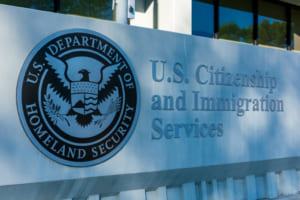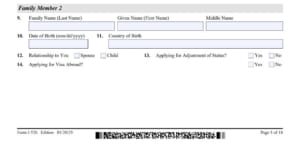 U.S. Citizenship and Immigration Services (USCIS) is scheduled to increase I-129 and I-140 premium processing fees from US$1410 to US$1440. The increase, which is scheduled to take effect on December 2, 2019, reflects the full amount of inflation from the implementation of premium processing fees in June 2001 through August 2019. The agency’s last increase was on October 1, 2018 which increased premium processing from US$1225 to the current US$1410.
U.S. Citizenship and Immigration Services (USCIS) is scheduled to increase I-129 and I-140 premium processing fees from US$1410 to US$1440. The increase, which is scheduled to take effect on December 2, 2019, reflects the full amount of inflation from the implementation of premium processing fees in June 2001 through August 2019. The agency’s last increase was on October 1, 2018 which increased premium processing from US$1225 to the current US$1410.
Premium processing is available for certain for certain authorized petitioners filing Forms I-129 Petition for a Nonimmigrant Worker and I-140 Petition for Alien for Alien Workers. The optional service allows petitioners to request a 15-day processing of these forms which is paid in addition to the base filing fee and any applicable fees.
If you have any questions about Form I-129 and Form I-140, please contact us at




